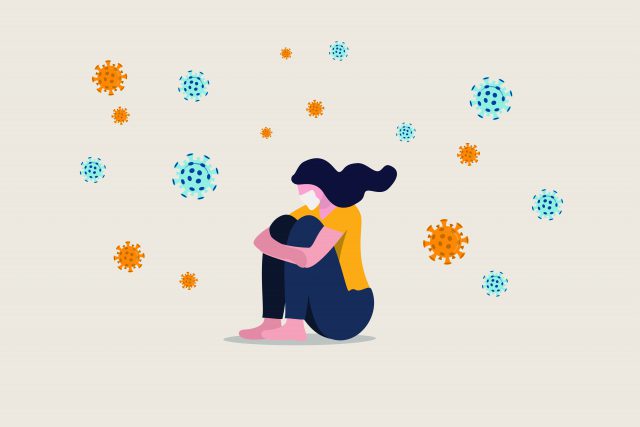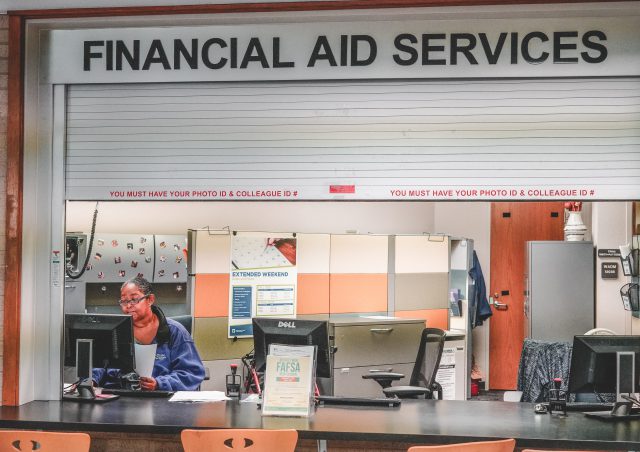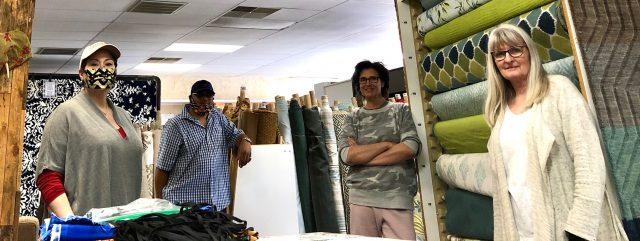April 29, 2020 | Elyssa Gideon | reporter

Anxiety and depression already weighed on some students’ lives prior to the spread of COVID-19, but the new normal has created unforeseen situations that students now must cope with.
NE student Julie McNett cannot go through with her hysterectomy due to it being considered an elective surgery, which has been halted during the pandemic.
Being the only caretaker in the household, McNett has a husband who is disabled, a 17-year-old son, a 13-year-old autistic son and a 2-year-old little girl she is responsible for, and her income is currently the only one sustaining them all.
“I can’t let anything happen to me,” McNett said.
She has had a battery of tests and biopsies over the last few years and was finally ready for a total hysterectomy. She had finally gotten the answer she had been waiting for, but then the COVID-19 shutdown surgery ban happened, and she’s been living in fear.
“I need this surgery, my family needs this,” McNett said. “So, I start seeing a hematologist/oncologist to manage iron and vitamin infusions and to monitor blood counts to make sure levels don’t change drastically, but I live in fear daily.”
Sheltering-in-place orders have forced parents to become their children’s main educators. NE student Katheryn Ramirez is overwhelmed by the number of responsibilities that come with now having to teach her children at home.
“I have a house full of kids and a husband at home, whom I am still trying to care for, and doing wife and mom duties all while trying to take all four classes online and homeschool my children,” she said. “It is not getting easier.”
NE student Jessica Wood treats her depression, but this situation has made everyday life more difficult than usual.
“My anxiety is controlled via medicine, but my depression has gotten out of hand, I am missing class and assignments due to it,” Wood said. “I typically cope by hanging out with my friends during class and being as social as possible.”
The stay-at-home orders that have come about to keep people healthy during this pandemic have also, in some ways, created further mental and physical health issues outside of COVID-19 itself.
Ramirez, McNett and Wood agree that during this time, people should still reach out to their friends and support system because they’re not alone and remember not to be too hard on themselves. This is a temporary situation.




































